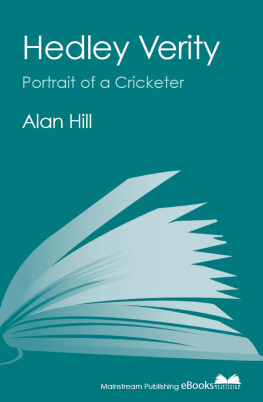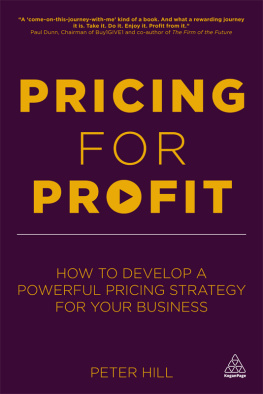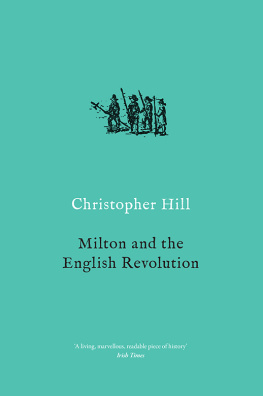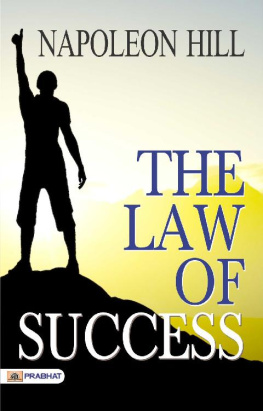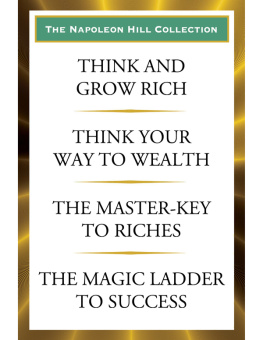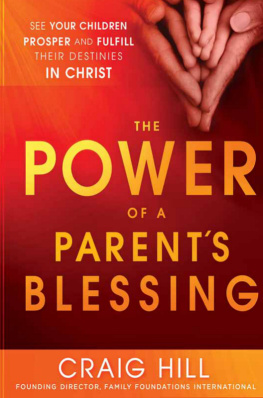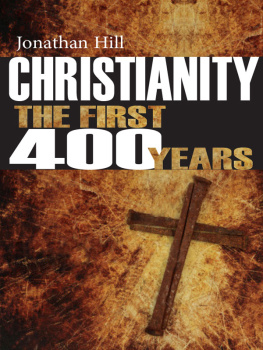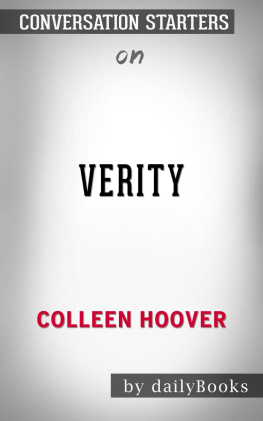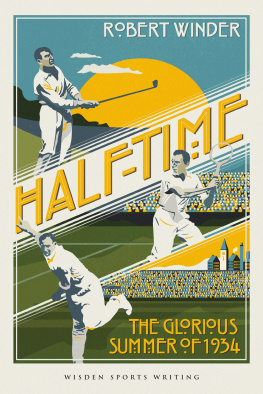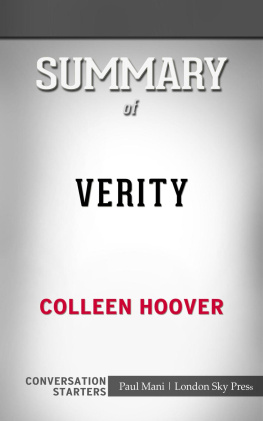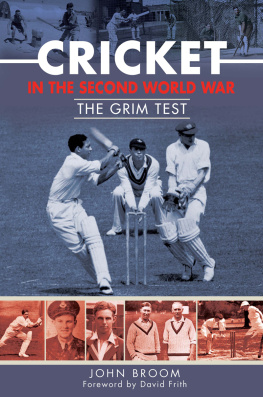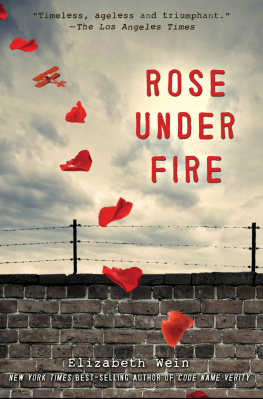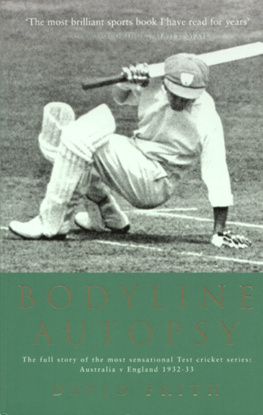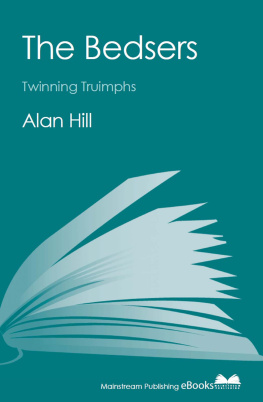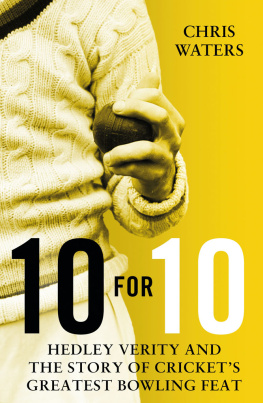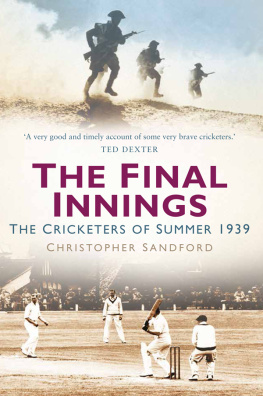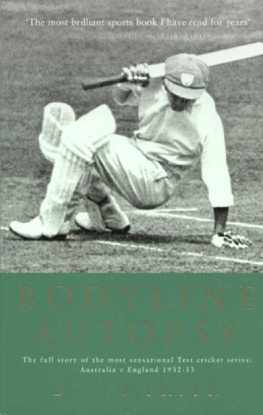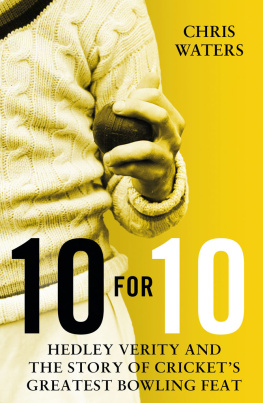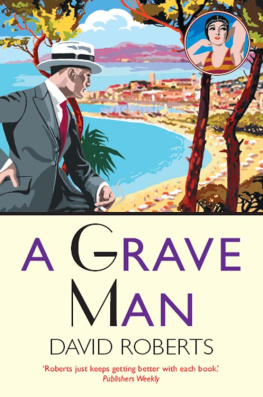This eBook is copyright material and must not be copied, reproduced, transferred, distributed, leased, licenced or publicly performed or used in any way except as specifically permitted in writing by the publishers, as allowed under the terms and conditions under which it was purchased or as strictly permitted by applicable copyright law. Any unauthorised distribution or use of this text may be a direct infringement of the authors and publishers rights and those responsible may be liable in law accordingly.
Epub ISBN: 9781780574202
Version 1.0
www.mainstreampublishing.com
Copyright Alan Hill, 1986
All rights reserved
The moral right of the author has been asserted
This edition published in Great Britain in 2000 by
MAINSTREAM PUBLISHING COMPANY (EDINBURGH) LTD
7 Albany Street
Edinburgh EH1 3UG
ISBN 1 84018 302 0
First published in Great Britain in 1986 by Kingswood Press, Tadworth
No part of this book may be reproduced or transmitted in any form or by any means without written permission from the publisher, except by a reviewer who wishes to quote brief passages in connection with a review written for insertion in a magazine, newspaper or broadcast
A catalogue record for this book is available from the British Library
Acknowledgements
I am deeply grateful to the Verity family for their unstinting aid in producing this first full-length biography of a revered cricketer and patriot. It is largely because of the kindness and generosity of Miss Grace Verity, of Rawdon, Yorkshire, and Mr Douglas Verity, of Pwllheli, Gwynedd, North Wales, that I have been able to retrace the climb to greatness of their illustrious brother and father. The wealth of material placed at my disposal included a revealing memoir written by the late Hedley Verity senior. From jottings of a proud father I was given many insights into the disciplines which were to serve England and Yorkshire so well.
The volume of correspondence from Veritys contemporaries cricketers and supporters at home and overseas has also provided heartening proof of the worthiness of the project. I must, especially, express my indebtedness to Bill Bowes, Veritys close friend and bowling partner in Yorkshires years of triumph in the early 1930s; Sir Leonard Hutton, Norman Yardley, Jim Kilburn, Hugh Bartlett and George Cox (Sussex); and Leslie Ames (Kent). In Gloucestershire Charles Barnett has recalled the benefits of his Test apprenticeship under Veritys guidance. Among Veritys England captains, R.E.S. Wyatt and Sir George Allen made handsome contributions. Cricket has mourned the deaths in recent times of these personalities, but their vivid recollections continue to enhance my work.
From Australia my postbag has included the reminiscences of former Test rivals W.J. OReilly, W.A. Brown, L.S. Darling, L.P.J. OBrien and K.E. Rigg, all of whom remembered the combative qualities of Verity and the skills of a cricketer who gained their enduring respect. Chris Harte and Rex Harcourt were other most helpful correspondents.
The late John Kay, the former Lancashire cricket correspondent, with whose family Verity stayed during a crucial period as professional at Middleton, the Central Lancashire League club, also rendered important assistance with a shrewd assessment of his old team-mate and friend. Tony Woodhouse, the Yorkshire cricket historian, has given valued help as have Mrs Edith Winfield, Miss Mary Winfield and Mr Jack Lees, of Rawdon.
I must also thank, most sincerely, Sir Donald Bradman, for contributing a foreword, and acknowledge the courteous assistance of the British Newspaper Library staff at Colindale, London. Other acknowledgements are due to the Yorkshire County Cricket Club and Lieutenant-Colonel D.J. Bottomley, the curator of the Green Howards Regimental Museum at Richmond, North Yorkshire. He has provided much valuable material on Veritys wartime service and allowed me to quote from the book, The Story of the Green Howards: 19391945 by Captain W.A.T. Synge. Other contributors include Veritys hosts in Northern Ireland where the 1st Battalion of the Green Howards was stationed in 1941. Mr J. Walsh and Mr F. Walsh, now living in Zimbabwe and Newfoundland, Mr V. Craig, of Strabane, and Mrs E. Wilson, of Omagh, have furnished telling observations on the character of their Yorkshire guest. Repeated thanks are extended to Douglas Verity. All the illustrations, except where stated, are from his personal archives.
I take considerable pride in the reissue of my book, which was a landmark in my writing career and received the acknowledgement of the Cricket Societys Jubilee Literary Award in 1986. It will provide a timely reminder of the immensity of Veritys achievements. There is food for thought for newcomers to the work, and for others the gain of renewed enjoyment the second time round. Sadly, I have to record the death of a dear friend and valued collaborator. Grace Verity, Hedleys elder sister, died at the age of 89 in March 1997.
Two years ago, in the Italian springtime, I fulfilled a long-standing ambition to visit Veritys grave. As his biographer, I felt it sealed a deep friendship over many years with the Verity family. Hedley Verity is buried, along with over 700 servicemen, in the immaculate military cemetery at Caserta, near Naples.
Mary Winfield, Veritys niece, was another earlier visitor to Caserta. She remembered the appearance of an English garden in Italy: My visit gave me an insight through personal experience of regret. My uncle was one of so many people who died, and yet my generation have not grasped how many; but I have, as a result of the fact that Hedley was sufficiently special for people so many years later still to care.
Mary echoed my own thoughts as I lingered by the graveside on a lovely afternoon. As I made my own dedication in the cemetery register, another entry caught my eye. The tribute had been penned by a North Yorkshireman. It read: Thanks for looking after our men, especially Hedley Verity.
Alan Hill
Lindfield, Sussex
March 2000
Live man and dead
Being each unique
(Their pain and glory),
Yet some will have left
By force or freak
To us the bereft
Some richer story;
Their say being said,
They still can speak
Words more unique,
More live, less dead.
Louis MacNeice
APPENDICES
APPENDIX ONE
Assessments of Captains and Others
Assessments of Captains
R.E.S. WYATT : Hedley Verity was an ideal cricketer who always played the game in the spirit in which it was originally intended it should be played. He was a keen student of theory and practice and never ceased to try, whatever the state of the game. He had a fine control of length and direction, with the ability to make the ball lift which proved to be a great asset on all wickets. Hedley was an observant cricketer. As his captain in many matches I felt it was always in my interests to have his views.
G.O. ALLEN : Hedley was a splendid man in every way and I became very fond of him. He had a good cricket brain, not only with regard to his own bowling, but in terms of the game as a whole and I respected his judgement. He had a lovely high action. He did not spin the ball an enormous amount but he turned it enough to get wickets because of his accuracy and variation of pace. There have not been many eras in which he would not have been first choice as Englands slow left-arm bowler.
D.R. JARDINE : He has been perpetually compared with the past Yorkshire masters, Peate, Peel and Rhodes. Without being in a position to speak from personal experience of two of these three bowlers I should require a lot of convincing before awarding the palm to any of them in preference to Verity. I venture to doubt whether any other bowler of his type has proved such a master on all wickets.

